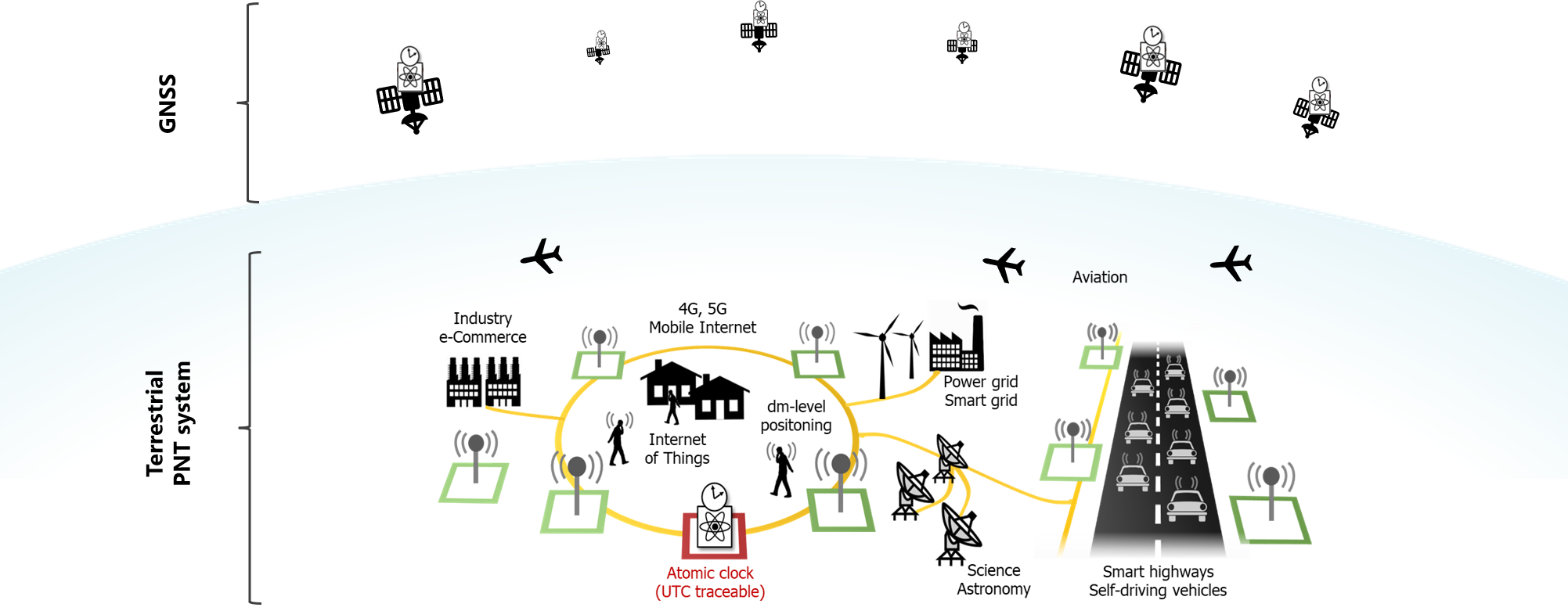Openings at SPS
PhD position in SuperGPS-2 : Accurate positioning and time-transfer using virtual ultra-wideband radio signals
Opening for: PhD studentStatus details
| Status: | Open |
|---|---|
| Announced: | 30 Dec 2022 |
| Closing date: | 31 Mar 2023 |
| Duration: | 4 years |
This research project aims to develop a robust and efficient terrestrial system for accurate positioning and time-transfer, using virtual ultra-wideband radio signals, which can serve as a backup and complement to GNSS (Global Navigation Satellite System) in environments with reduced GNSS availability. The virtual ultra-wideband approach allows for a limited demand for expensive radio frequency spectrum and time resources by using multiband signals, and through flexible signal design, straightforward implementation and integration with current and new generation telecommunications standards, such as 5G, are expected.
The PhD candidates will address multiband radio channel modelling, signal design for multiband ranging, estimation of the channel impulse response from a multiband signal, and multiband carrier-phase based ranging and positioning. Furthermore, a proof-of-principle hardware prototype test-bed will be developed for carrying out measurements and demonstrating the concept.
For this project, a small research team will be set-up, consisting of two PhD-students for the full project duration of 4 years, accompanied by a PostDoc, after the first year. The team of this interfaculty project will be embedded in the Department of Microelectronics, at the Faculty of Electrical Engineering, Mathematics and Computer Science (EEMCS), and the Department of Geoscience and Remote Sensing, at the Faculty of Civil Engineering and Geosciences, both of Delft University of Technology. The daily supervisors and promotors will, together, provide guidance and supervision, and work with the team in close collaboration
Requirements
You should have:
• A Masters degree in a relevant discipline (such as mathematics, electrical engineering, computer science, or satellite navigation);
• A strong background in signal processing, mathematical statistics and physical layer wireless communication;
• Good analytical and programming skills, demonstrated affinity with FPGA programming and a proven ability to find elegant and creative solutions to challenging problems;
• A good command of English (certified through a TOEFL or IELTS test);
• Ability to work in a collaborative environment
To apply, please follow the process indicated on the formal vacancy announcement and upload the following:
- A cover letter stating your motivation (max 1 page) and mentioning your preferred project (distributed signal processing or waveform design);
- A detailed curriculum vitae;
- Name and contact information of two professional referees;
- A list of courses taken with grades obtained in Bachelors and Masters degree;
- A list of publications (if any);
- A copy summary of Bachelors and Masters thesis.
Contact
dr.ir. Gerard Janssen
Associate Professor
Signal Processing Systems Group
Department of Microelectronics
Additional information
In The Netherlands, almost all PhD positions are linked to funded research projects. This has several implications:- PhD students are employed: they receive a salary rather than a grant. Most projects have a duration of 4 years.
- Positions become available once a project is funded. This can happen at any time during the year.
- It typically takes 6 to 9 months for a project proposal to receive funding. In this period, a position may be anticipated but the outcome remains insecure. Once a project is funded, the open position needs to be filled as soon as possible.
If you are interested in our research, it merits to inquire whether openings will be available. We collect resumes of prospective PhD students throughout the year, for each of our research tracks.
General requirements
We make our selection based on the following general requirements:- Formal requirements regarding prior education: you should have earned an MSc degree at a recognized institute for higher education.
- Background: this depends on the specific project.
- Excellence: your Grade-Point-Average should be above 8 (10). Also your MSc thesis should have received a grade above 8 (10).
- English: you should be able to communicate well in english (written and oral). Provide TOEFL/IELTS scores if available.
- Originality: your MSc thesis or later work (publications) should reflect some original ideas. Critical and independent thinking is very important.
- Team player: you should be able to work well in a team of other project members.
